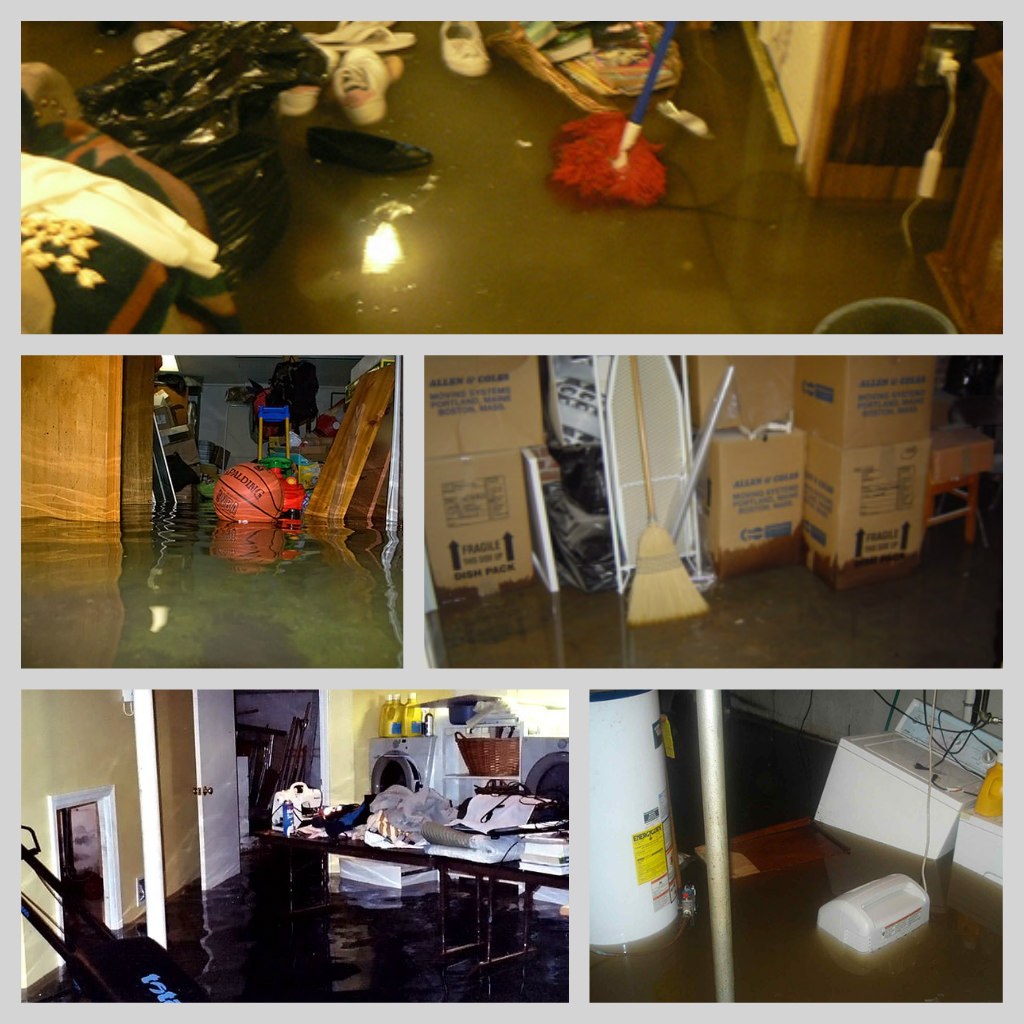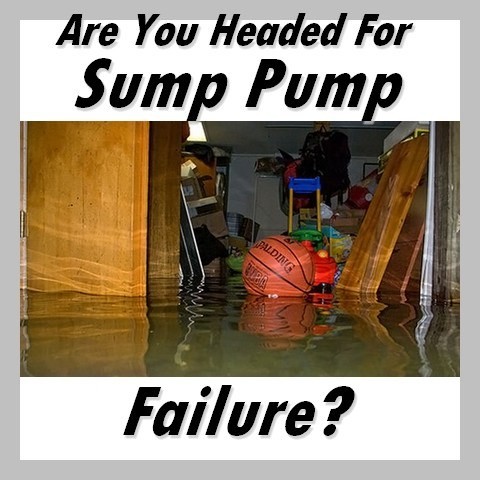
Let's be honest. Most people don't even notice their sump pump until it's failed and their basement has a few inches, or feet, of water in it.
After late winter or early spring rains or when it rains all week, it's important to check your sump pump for signs of failure.
What is the Purpose of a Sump Pump?
A sump pump is a small pump installed in the lowest part of a basement or crawlspace. Its job is to help keep the area under the building dry and to prevent it from flooding. Usually, sump pumps are installed in specially constructed sump pits.
Sump pumps for home use are powered by electricity and use standard household current, so they don't require specialized wiring beyond a grounded outlet. Since the pump is always in or near water, it's a good idea to have a ground fault circuit interrupter (GFCI) on the outlet to prevent accidental electrocution. The same storm that floods your basement can also knock out the power, so having a battery back up is a good idea.
Signs of a Failing Sump Pump
• Running when it should not or constantly running through its cycles
• Issues turning on and off
• Noisier than usual…listen for thumps, thuds and rattling
• Age of the sump pump. Sump pumps generally last about 7 to 10 years: factors include how often the sump pump runs, the electrical source that powers it and the quality of the pump itself.
• The pump’s mechanical parts become clogged with silt, or there is no pump cover so debris and silt accumulate, which increases the likelihood of slowing down or stopping.
Prevent Sump Pump Failures with Regular Maintenance:
Cleaning your sump pit is an essential step in sump pump maintenance. To clean the sump pit, remove dirt, gravel, and other debris to increase the efficiency of the pump. Your discharge line opening should be free of obstruction so that the water can be pumped through the line and out of your basement/crawlspace.
It's important to test your sump pump regularly to be sure your home is ready for the next big rain. To test the pump, pour a bucket of water in the pit. The pump should remove the water and shut off shortly after. You'll want to be sure the check valve and float aren't stuck.
To Have your Sump Pump Tested and Maintained by
Jersey Plumbing Service, Call us Today, (908) 281-7101.


Recent Comments